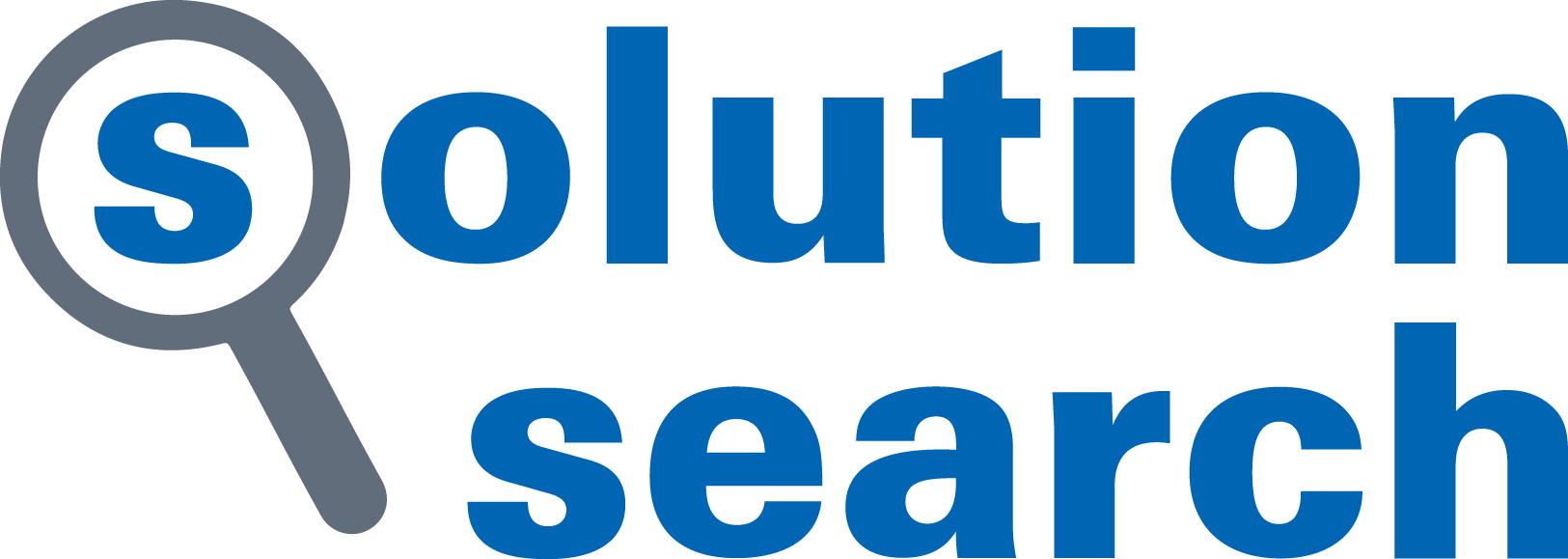Plastics & Other Solid Waste

What is the problem?
Plastic pollution is one of the world’s greatest environmental challenges.
Research indicates that with no improvements, over 99 million tons of plastic waste could end up in our environment by 2030. Current annual damages to the ocean from plastic production and waste already total USD$2.2 trillion. While plastic pollution is often associated with coastal areas and marine environments, recent research has found that 80% of the ocean plastics come from rivers and inland sources.
While about 80% of post-consumer waste could be recycled, global recycling rates sit just above 15%. This leaves ample lost opportunities to not only grow the circular economy, but also to reduce environmental destruction.
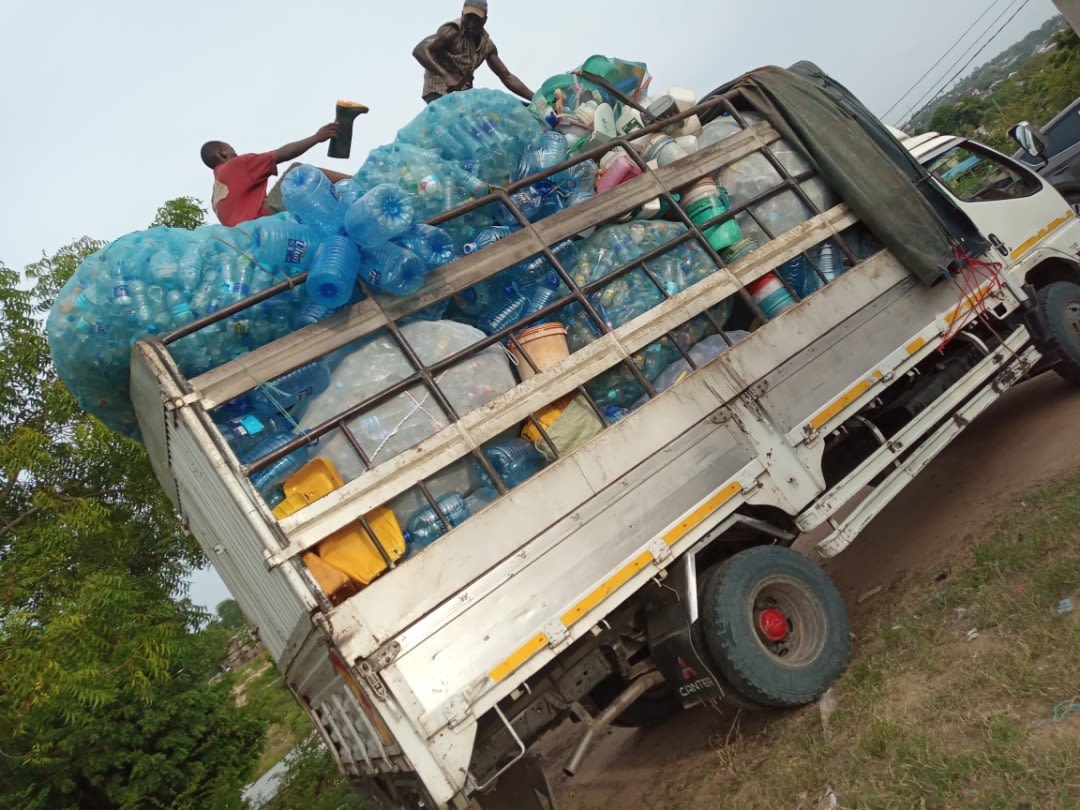
Photo: EcoAct Tanzania
Photo: EcoAct Tanzania
What are some relevant key actors and the behaviors we want to address?
Plastic pollution results from a system of decisions and people’s activities. These can range from initial material selection and packaging methods to the entire product life cycle including consumer use habits and recycling. Across this system, there are numerous key actors and behaviors driving both the problem and the solution.
Some behavior-actor examples include:
- Consumers utilizing reusable products
- Food industry managers packing products in compostable or reusable containers
- Homeowners installing microplastic filters on their washing machines
- Farmers eliminating plastic mulch and not tilling it into the soil
- Fishers discarding gear in proper recycling receptacles
- Bottling companies integrating sustainable material alternatives
Photo: Siklus refill station
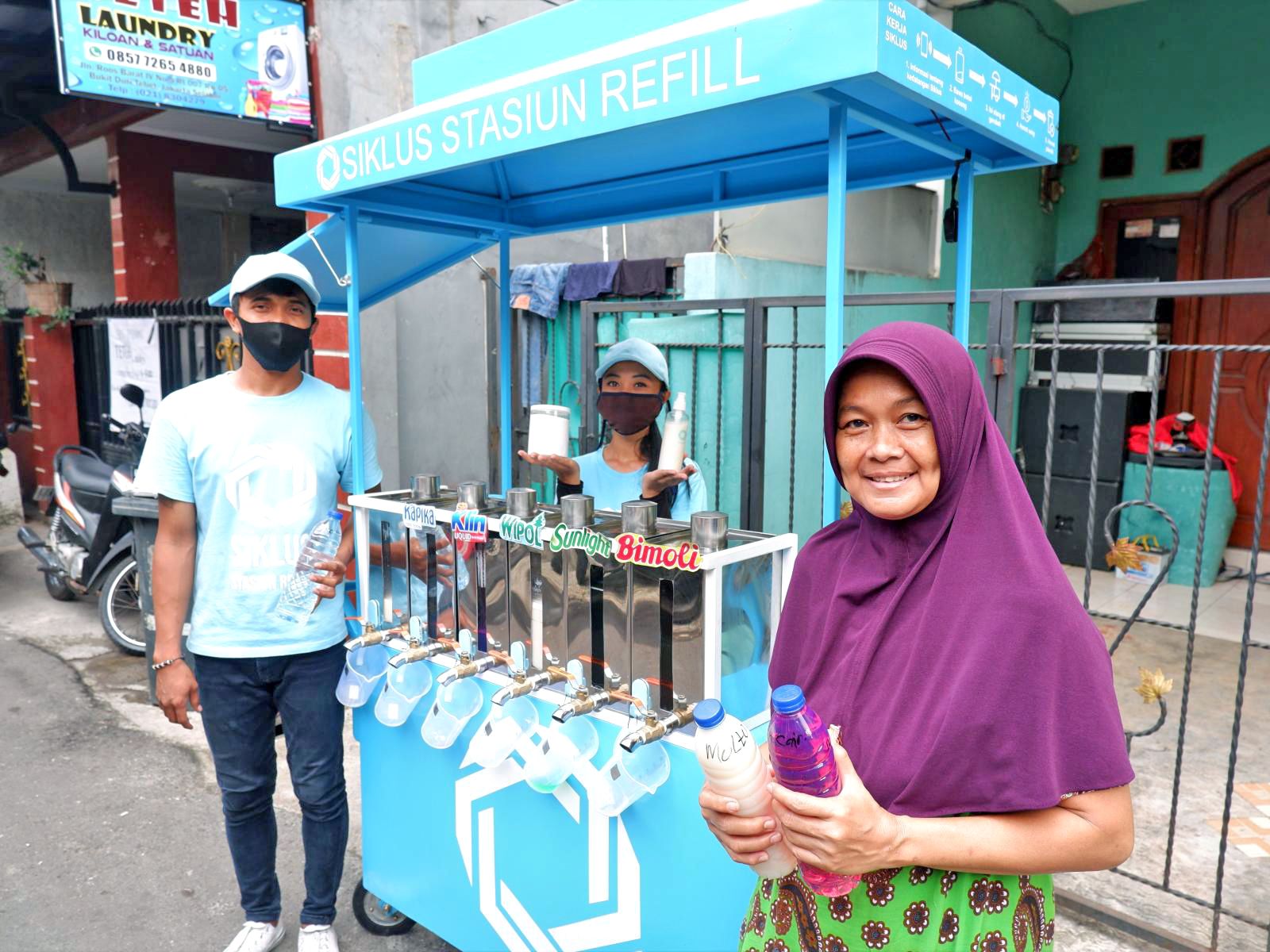
Relevant Insights and Research
Nudging: A zero waste future
A recent meta-analysis of over 200 studies identified that effort-reducing and attention-drawing nudges are most effective at driving towards a zero waste future. Composting, paper recycling and container recycling increased by >130% when bins were placed five feet from people’s doors - as opposed over 40 feet away.
Behaviorally informed policy
Words in a regulation matter. A study in the United States found that ‘paying a tax’ versus ‘receiving a bonus’ was more effective in encouraging shoppers to utilize reusable bags in place of plastic bags. The 'tax' messaging decreased use of disposable bags by 40 percentage points, while the 'bonus' communications resulted in virtually no change. Yet, in some cases, as people become accustomed to the additional cost, they can rebound in their plastic bag consumption.
Behaviorally informed material incentives
Financial incentives must be designed to meet local contexts and social systems. In Mexico, a collective payment to a village to reduce littering reduced participation (even compared to receiving no payment) because of a likely lack of trust in local leadership. When the payments went to individuals, participation increased. In Tanzania, however, the individual payments were less effective. Participants preferred to not receive a payment or to have the payment directed to the village school via a donation.
Choice architecture promotes proper waste disposal
Leveraging people’s surroundings has also proven successful. Reminding grocery shoppers to think about packaging while they are in the store increases the selection of unpackaged groceries. In Denmark, England and China, when researchers placed guiding markers (footprints or other culturally-relevant icons) to trash bins, littering reduced 15–46%.
Examples in Action
Ashoka Trust for the Environment, India
The major objective of this program was to address the ground and lake water pollution and women’s health issues caused by single-use synthetic sanitary napkins. To achieve this, sustainable alternatives like reusable cloth pads and menstrual cups were promoted through conscientization and sensitization campaigns among the community.
Siklus, Indonesia
Siklus is reinventing the future of retail by delivering refills of everyday needs to door - without plastic waste. Customers can order our refill bikes via our app or WhatsApp at their doorstep and use their own containers to refill detergent, shampoo, cooking oil and more at a lower cost. We use technology to dispense safely and precisely, to optimize our supply chain and allow brands to interact with their customers. Our model allows 10-50% cost savings for customers by eliminating the cost of single-use packaging thereby giving them a feasible option to change their behavior to be more sustainable.
Net Your Problem, U.S.
Net Your Problem, LLC (NYP) engages coastal communities, recyclers, manufacturers and brands to contribute to the blue and circular economies by recycling end of life fishing gear. Started in 2017 in the Aleutian Islands of Alaska, NYP has facilitated diverting 880,000 lbs of retired fishing gear from landfills and the environment. This material instead is cycled back into the plastic supply chain to be remade into new products.
EcoAct, Tanzania
EcoAct Tanzania reduces the amount of waste plastic enters into the oceans by recycling waste plastics and transforming them into durable plastic timbers used for building, construction as well as furniture making, we collect these waste plastic through our social program where low income communities are able to access health care on exchange with their waste plastics.
Rethinking Recycling, Argentina
Rethinking Recycling's vision is to build recycling into existing waste collection systems by designing services that fit within municipal budgets and create value for local communities. We started with a pilot in Barrio Mugica, an informal community of ~40,000 residents in Buenos Aires in 2019, and have now expanded to the city of Olavarria, with coverage on track to reach the full population of 120,000 people by 2022. (source)
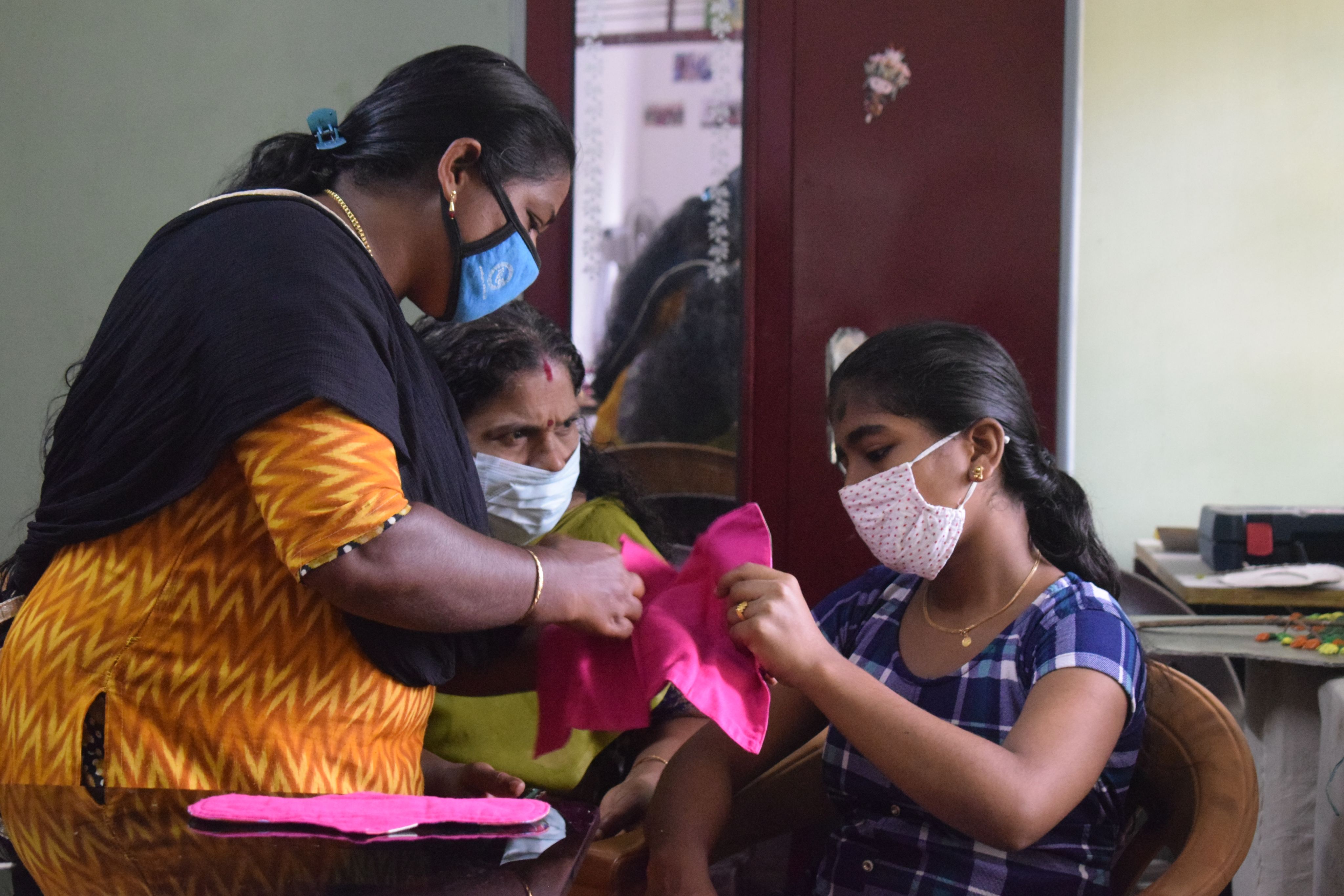
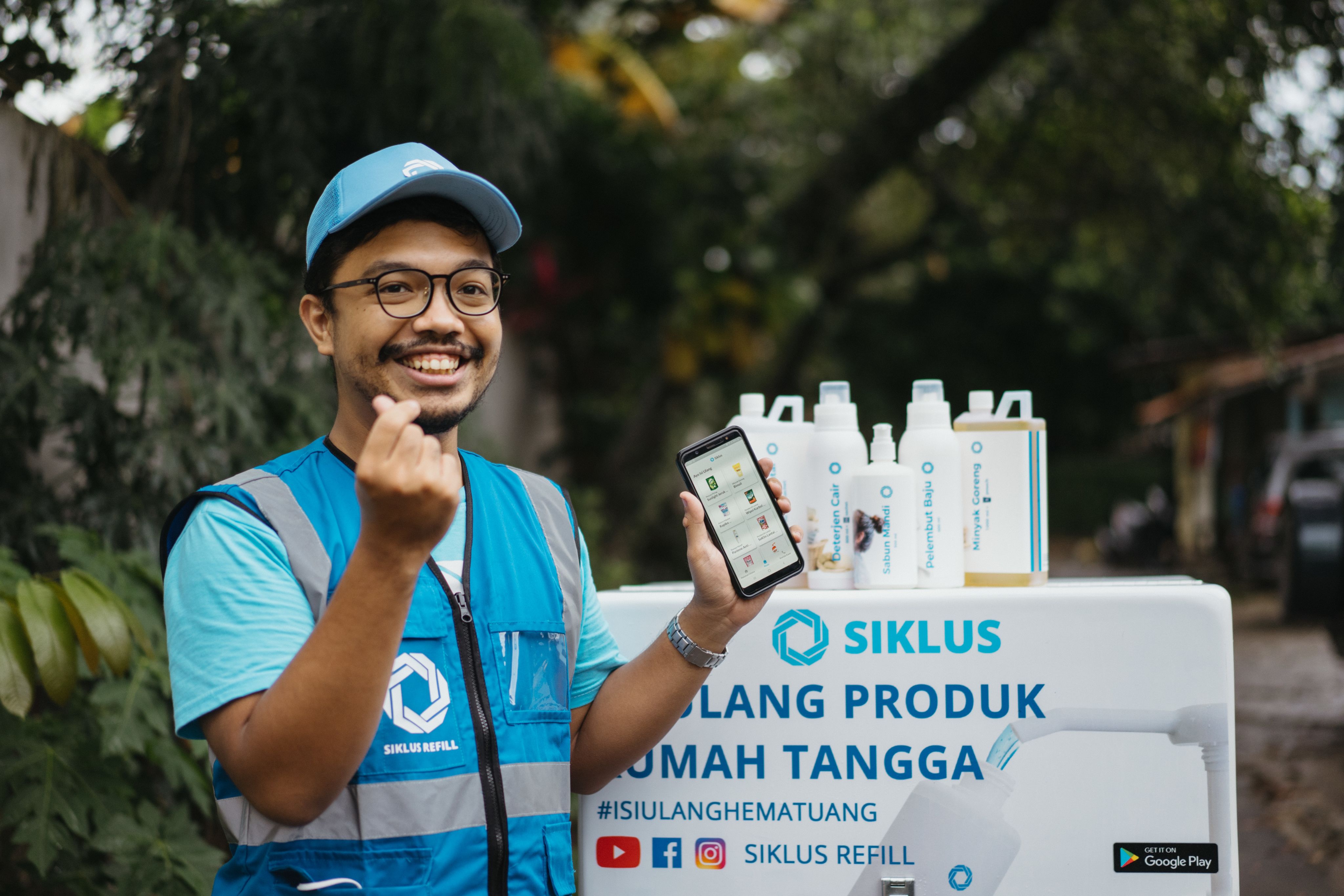
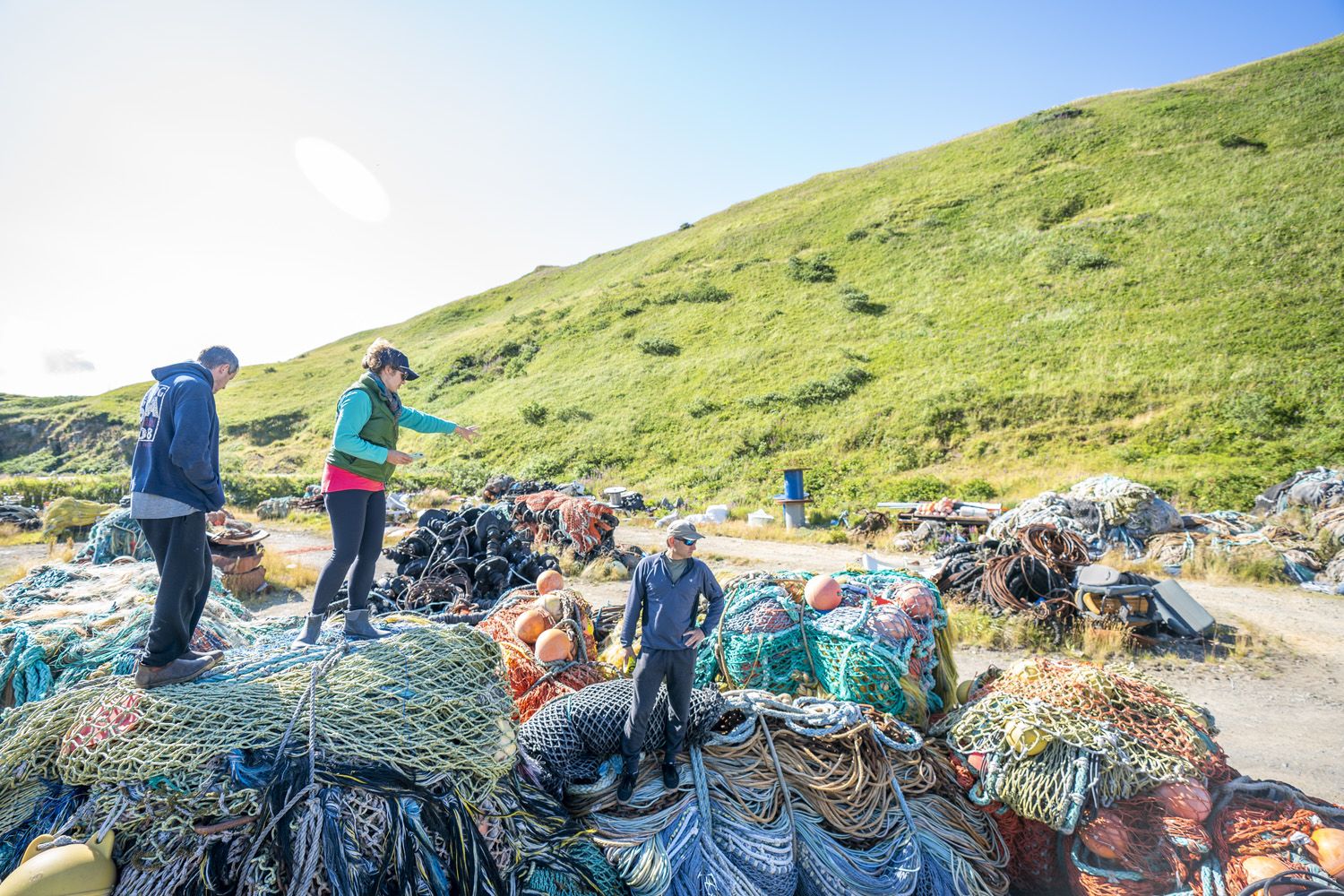

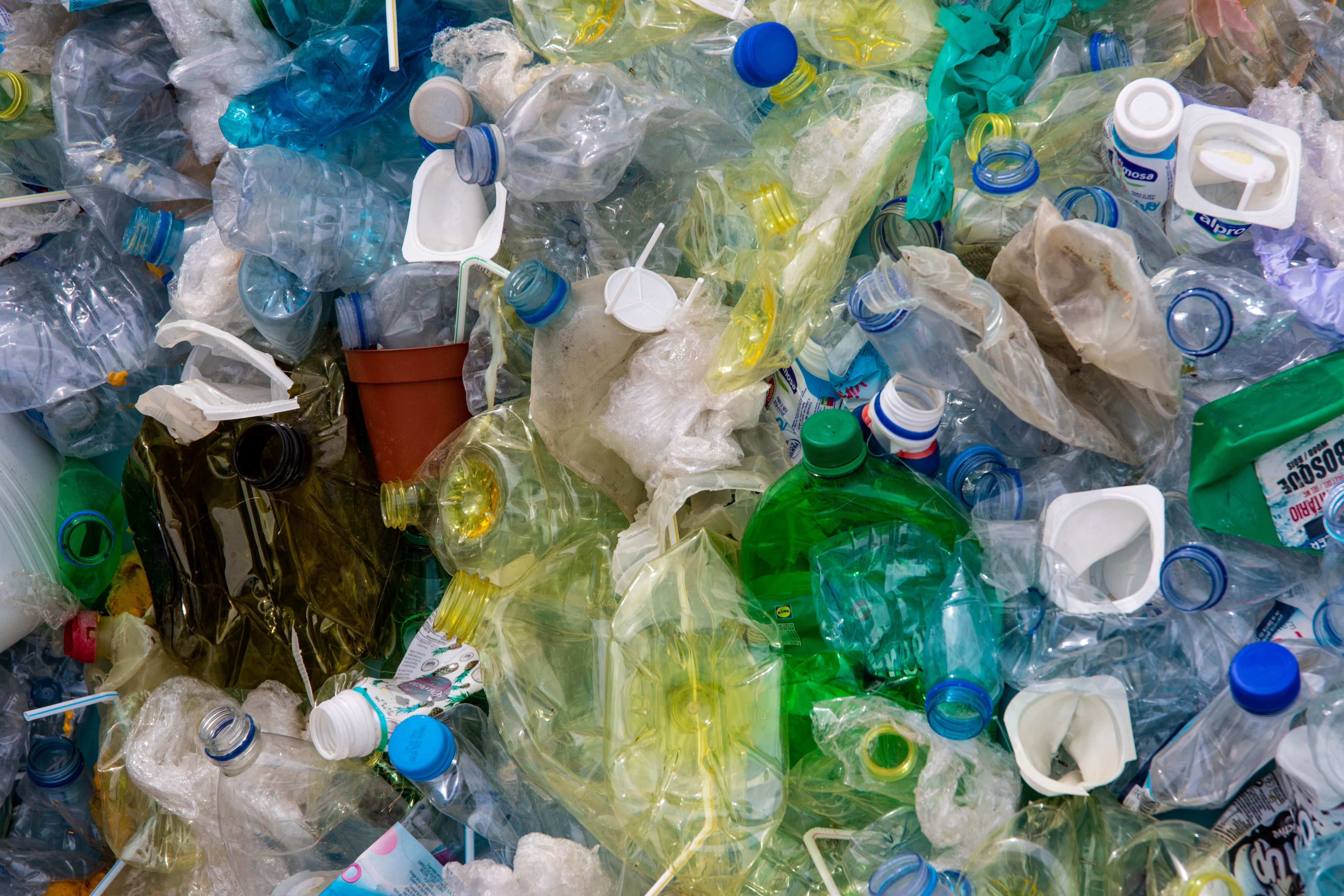
Resources and Other Links
Waste Management Chapter: The Science of Changing Behavior for Environmental Outcomes: Literature Review
The Scientific and Technical Advisory Panel (STAP) of the Global Environment Facility (GEF) partnered with Rare’s Center for Behavior & the Environment to produce a comprehensive literature review of the science of changing behavior for environmental outcomes. While environmental challenges may seem disparate, almost all are unified by a central theme: to achieve positive environmental outcomes, people must act differently.
Cities are the beating heart of the modern world. Billions of people flock to metropolises around the globe for the dynamism and diversity found only in urban areas. While they offer unparalleled opportunities, the sheer concentration of people creates its own challenges, including in waste management and pollution prevention. Poorly managed municipal waste inevitably finds its way into rivers, the ocean, and other waterways, which can cause irreparable damage to our natural environment and local economies.
Making ‘Cents’ of Recycling Behavior: The Return on Investment of Spreading the Recycling Habit
Delterra released a report analyzing recycling efforts to show that investing in consumer behavior interventions can pay for itself in the recycling outcomes. The findings highlight that "boosting recycling behaviors costs less than the value of the new recyclables that result, and is more cost-effective than relying on technology to do the work."

